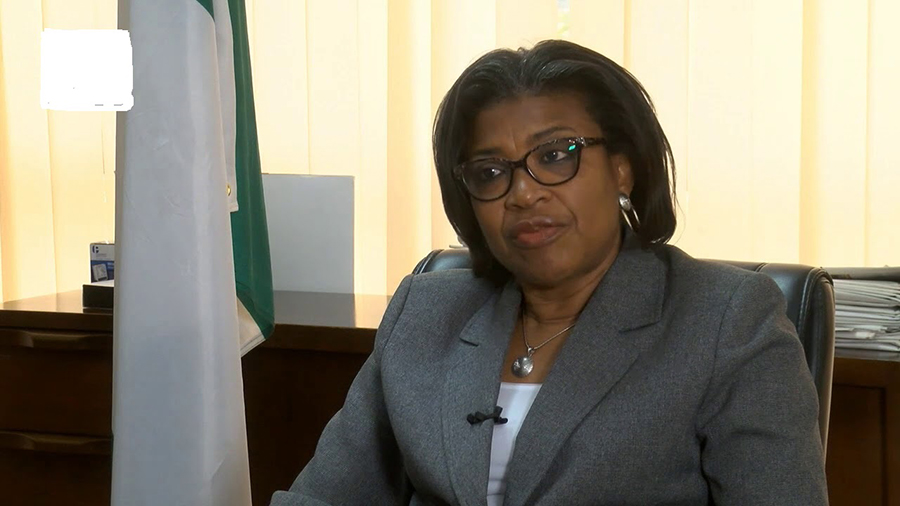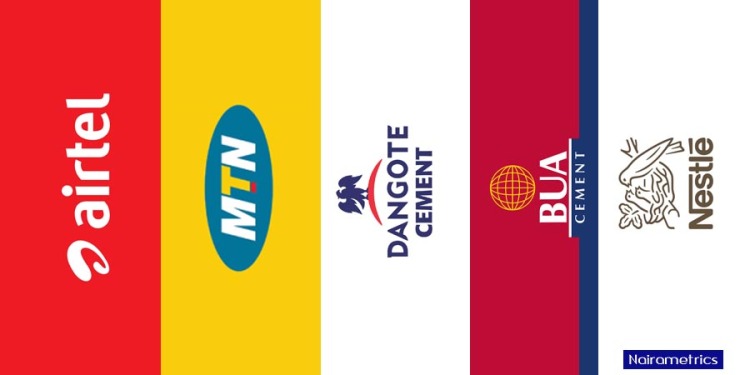The Federal Government of Nigeria is owing to the Central Bank of Nigeria a whopping sum of about N10 trillion circa $25 billion. This is according to the Director-General of the Debt Management Office, Patience Oniha.
She mentioned this at an ongoing Zoom meeting with investors and analysts. According to her, the debt will be converted into bonds by the CBN perhaps ending one of the longest borrowing sprees on record from the CBN Ways and Means.
Details from the session indicate the following;
- Total Ways and Means of about N10 trillion will be formalized
- It will be converted into bonds and paid back over the next 30 years
- There will be a moratorium of principal for the first two years
- The bonds will not be sold in the open market but to select investors
In the debrief session held via Zoom, Ms. Oniha explained that the government’s borrowing via Ways and Means could no longer be sustained leading to the decision to convert the loans into bonds.
This move seeks to not just formalize the CBN’s lending to the government but also make it somewhat legal for the government’s past and perhaps future borrowing. Minister of Finance Dr. Zainab Ahmed first revealed in January that there are plans between her ministry and the central bank (CBN) to convert loans from the apex bank into tradeable securities.
Ways and Means
The central bank has since 2015 backstopped the government’s non-debt-funded revenue shortfalls arising from its budgets. In 2020, the government borrowed about N2.9 trillion from the CBN via Ways and Means to fund a budget deficit of about N6.1 trillion. At a N10 trillion balance, Patience Oniha’s comment suggests that the CBN has been funding Ways and Means since 2015.
Minister for Finance, Zainab Ahmed also touched on the murky nature of the Ways and Means loan,.
“On CBN financing, we will not normally make a line provisioning for the financing. So we have domestic borrowing in the budget and that covers whatever remit of financing required to fund the national budget. We are working with the CBN to regularise the previous borrowing that have been made to turn them into formal borrowing and by the Nigerian economy and to this extent, the CBN and I (fiscal authorities) need to agree on the rates and the tenures and the cost of the borrowing, so we would be formally doing that in early 2021 on the previous borrowing that has been made, and also projected borrowings in 2021. So we will design special instruments that limits what is done in terms of domestic borrowing from the CBN.”
Nigeria has recorded a total budget deficit of about N24.8 trillion in the last 10 years, according to data collated from the Federal Budget Office and analysed by Nairalytics. The deficits are funded via new loans while the balance is funded by borrowings from the central bank which is termed Ways and Means.
According to provisions of the CBN act, Ways and Means borrowing is not expected to exceed 5% of prior year revenues. Based on the N2.8 trillion borrowed last year, the CBN has lent the government 52.8% of its current year revenues or 62.2% of 2019 revenues of N4.5 trillion, thus a breach of the act.
Lower oil prices over the last 6 years have decimated government revenues affecting its ability to fund capital and recurrent expenditure. With public debt has also doubled to N32 trillion from about N12.6 trillion in 2015, the government has little option but to look to the central bank for a lifeline.























